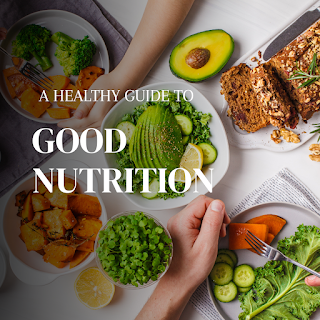Losing weight can be a long, ongoing process and it is too easy to "throw in the towel", so to speak. This is primarily due to frustrations because of slow results or the seeming lack of results. Keep your sanity in your weight loss goals - learn how to take the little strides to achieve your long term weight loss goals.
Do you have a plan? People sometimes get confused by plans and goals. The end result goal in your case is weight loss, the plan is the means you are going to use to get there. While you will undoubtedly have short term goals and a long term goal, they are not your plan. A plan would consist of, for example, eating breakfast; walking a half hour per day; not eating after 8pm; eliminating soda from your daily routine; etc. These are plans that can help you reach your goal of weight loss. If you've tried certain things before and they didn't work because of your lack of commitment then try loosening the plan a little for something that you could easily achieve without pushing yourself too hard. If you have a plan of walking/running 1 hour a day but you think that you might give up too easily on that: shoot for 15 minutes a day & once you've made the 15 minutes try and push yourself for 15 minutes more. You're much better off making a plan for 15 minutes of walking a day and doing it than making a plan of walking 1 hour a day and never leaving the couch.
2. Execute the plan
The greatest weight loss plan in the world will do no good if you don't use it. That's where so many people fail is that they want to lose the weight but aren't willing to take any steps to actually meet their goals. It's like someone saying "I want to make $5,000 this month" but doesn't have a job and never leaves the couch to look for one. A job is no more going to show up at your door and give you $5,000 for sitting than you are going to lose weight if you continue to do nothing about it. Again, if your plan is not something you think you can commit to: loosen up your plan to something that is feasible given your lifestyle and situation.
3. See the plan through
Keep on keeping on, stay focused on your weight loss goals, and don't give up. It is not the easiest thing getting started, but it is a proven fact that it takes 21 days to form a habit. Keep your plan up for a few weeks and you'll be well on your way to your weight loss goals.
For a plan that you can stick to and execute at your own pace, click here!

.png)
.png)
.png)


.png)

.png)
.png)
















.png)
.png)
.png)